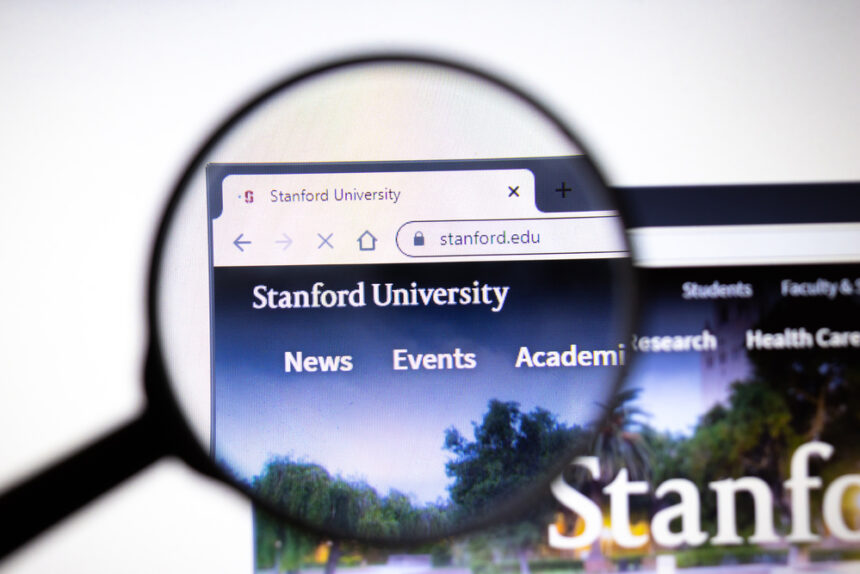The Stanford University Jewish Advisory Board’s Subcommittee on Anti-Semitism and Anti-Israel Bias released a 128-page report on May 31, 2024. The work of its 12 members – faculty, staff, graduate students, undergraduates, one alumni and two rabbis – is to be commended.
The subcommittee offered some surprisingly bold recommendations in sections such as: Rethinking Diversity, Equity, and InclusionThis calls into question one of the most important goals underpinning Stanford’s academic mission: diversity, equity and inclusion.
Stanford’s diversity efforts began decades ago and have recently morphed into DEI, an acronym for diversity, equity and inclusion. The DEI program focused and continues to focus on recruiting BIPOC (Black, Indigenous and People of Color) faculty and staff, and enrolling BIPOC undergraduates, graduate students and postdoctoral researchers. The DEI program has culminated in IDEAL, inclusion, diversity and equity in the learning environment, providing new space to increase BIPOC programs on campus. The number of DEI faculty at Stanford has increased from 80 in 2021 to 177 in 2024. The university has established departments, centers, institutes and degree programs in every racial and ethnic category on campus.
in Rethinking diversity, equity and inclusionThe subcommittee wrote:
In the long term, we offer a different proposal. We believe this identity-driven approach to belonging and inclusion runs counter to the educational mission of universities and ultimately does a disservice to the very groups they are trying to serve. In particular, these DEI programs tend to promote oversimplified histories and ideologies about social justice without exposing them to the critical inquiry that is at the core of a university education.
In other words, the Subcommittee is charged with the responsibility to combat anti-Semitism and anti-Israel bigotry within a fundamentally flawed system, and as a result, with the unintended task of recommending ways to fix the very system that has failed members of the Jewish and Israeli communities and so many others. In that spirit, we offer a radical proposal to move from DEI programs as currently structured to a pluralist framework that benefits individuals. all Background…(pp. 106-07)
In summary, DEI is a fundamentally flawed system that runs counter to the university’s educational mission and fails the Jewish community on campus.
Aside from the writings of a few Hoover Institution scholars who have criticized DEI, the subcommittee report is the first serious internal criticism of Stanford’s DEI policy.
The subcommittee’s report will likely be filed away in the Stanford archives and largely forgotten, but it is a first step in recommending corrective action, however small.
Alvin Rabushka is the David and Joan Treitel Senior Fellow and Professor Emeritus at the Hoover Institution.








